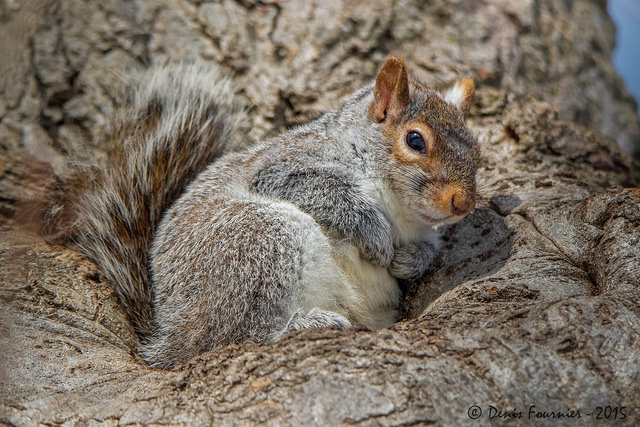
The Guardian reports twenty forest strongholds in Scotland would save the red squirrel from extinction even if grey squirrels were to colonise the whole of Britain, according to research.
Grey squirrels have not yet penetrated much of the Highlands but new modelling led by Prof Andy White, a mathematical biologist at Heriot-Watt University, suggests that there are at least 20 havens across Scotland where viable populations of reds would remain even if the greys continued to march northwards.
